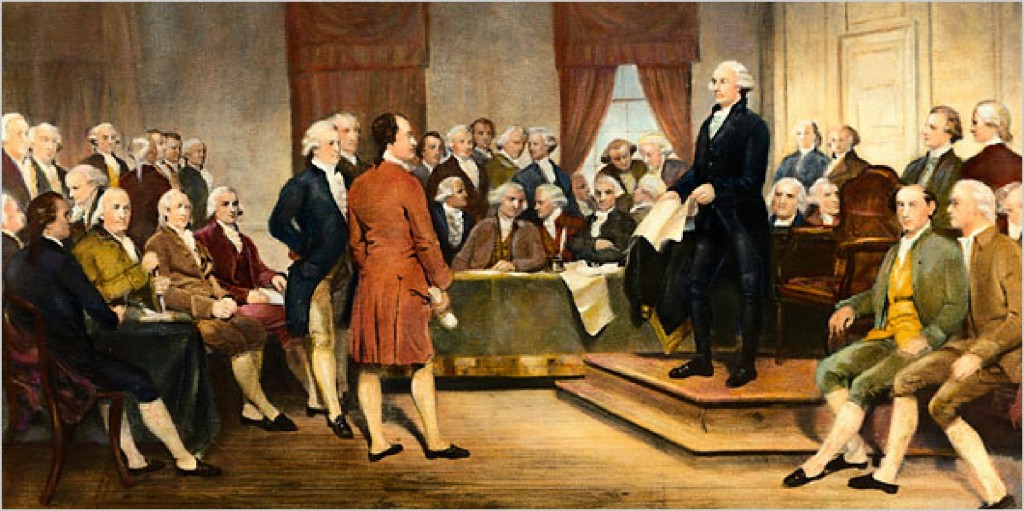Joachim Low, coach of the winning German men’s soccer team, knows a few things about leading a team for a high-stakes performance.
Joachim Low was a mediocre professional soccer player. As a coach he had only middling success. When he was promoted from assistant to head coach of the German National Team in 2006 he followed in the footsteps of the much-revered coach Jurgen Klinsmann.
Low was a tactical mastermind. As Klinsmann’s chief game strategist and as head coach himself, Low had ditched the static and defensive style of the German team and replaced it with a relentless fluid style of attacking football. The German team’s success raised the collective hopes of the nation, but they always lost the critical games. After a disappointing loss to Spain in the semi-finals in the 2010 World Cup, Low was reviled in the German press. It became a national sport to question Low’s ability to bring home the cup.
In a pre-tournament poll, Germans had so little faith in Low’s leadership that only 6% of the country expected the team to win the 2014 World Cup. But apparently Low knew a thing or two about beating the competition because in front of a billion viewers of the final game, Low proved 94% of his countrymen wrong.
So what can we learn about competing from this footballing philosopher? Continue reading “3 Lessons on How to Beat the Competition from World-Cup Winning Joachim Low”


